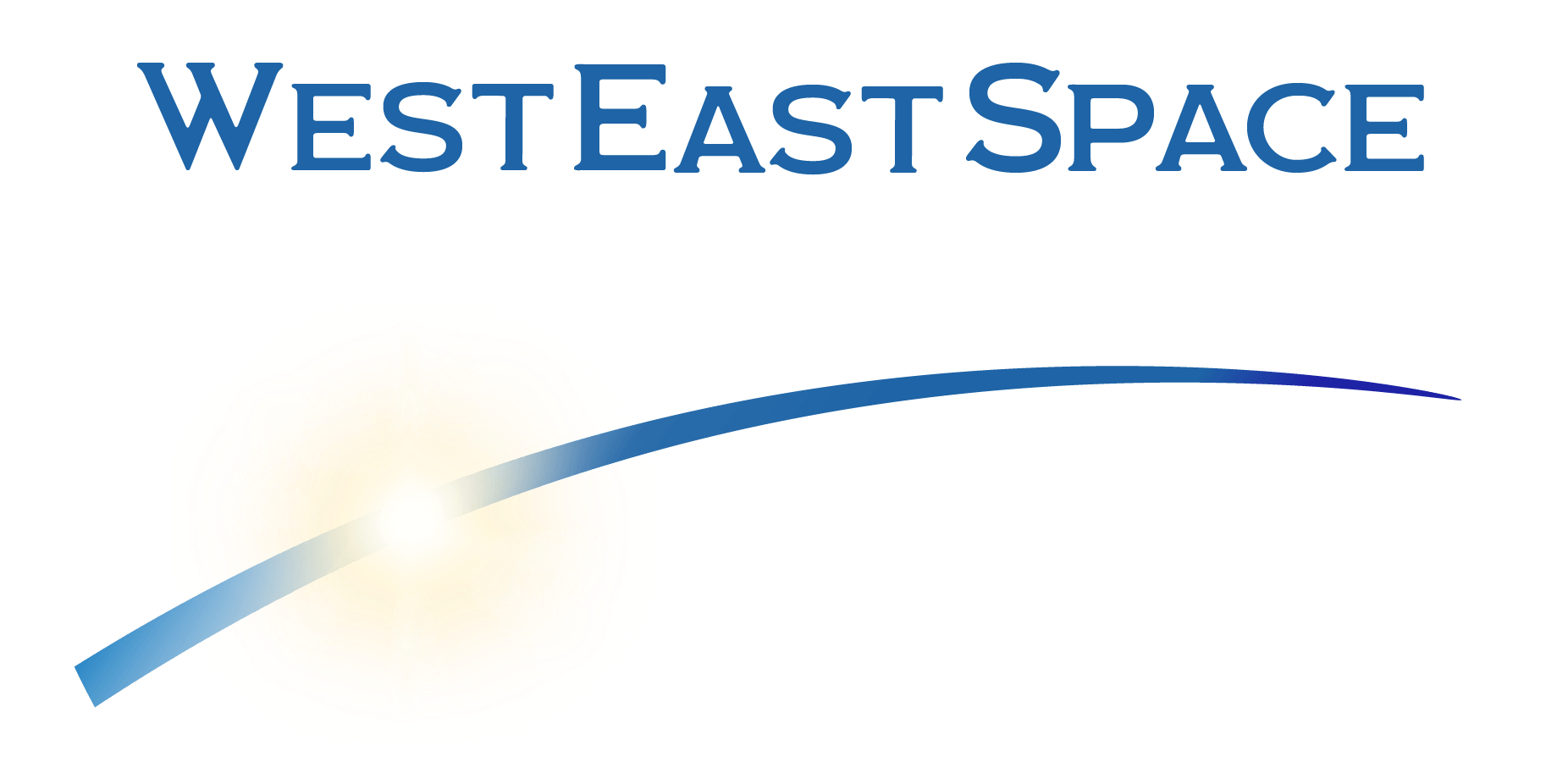A United Launch Alliance Atlas V 501 variant rocket launched the USSF-7 mission for the U.S. Space Force. Nestled inside the payload fairings sits the highly secretive X-37B Orbital Test Vehicle. This marks the sixth flight of the X-37B Orbital Test Vehicle (OTV-6) which has launched aboard both ULA’s Atlas V rocket and the SpaceX Falcon 9 rocket.
This launch will mark the 139th mission for United Launch Alliance. ULA’s launch record with the Atlas V remains one of the most successful and reliable launch vehicles. The Atlas V launched 83 times with 82 success.
This launch marks the 84th for an Atlas V rocket and the 7th in the 501 configuration. ULA’s Atlas V rocket became known as the workhorse for the U.S. military, intelligence community and scientific researchers. The Atlas V development strategy focused on a modular design. Each Atlas V gets tailored to suit the needs of the customer with the capability of adding up to five side-mounted solid rocket boosters for increased lift. The Atlas V offers a various payload fairings of different diameters and lengths designed to protect satellites during atmospheric ascent. The Centaur serves as the upper stage of the rocket. Centar provides the additional thrust used to send spacecraft to destinations including other planets in our solar system.

• Launch Date: May 17, 2020 at 9:14 a.m. EDT.
• Launch Location: Space Launch Complex-41, Cape Canaveral Air Force
During the last flight of the X37B Orbital Test Vehicle(OTV), it remained in orbit for 779 days. Other details of the mission remain classified, not available for public comment. The prior mission launched on May, 20, 2015. That mission marked the fourth OTV mission launched by Atlas V as part of the AFSPC-5 mission. Sunday’s mission designated as United States Space Force-7(USSF-7)
About the launch attempt:
Fueling operations started at Space Launch Complex-41 and things went better than the prior day. Weather conditions were favorable. The prior day, the weather did not look favorable since ground winds exceeded the allowable limit, but the count continued until reaching the pre-scheduled hold at T-Minus 4 minutes.
9:18 ULA confirmed successful staging and ignition of the Centaur upper stage. 85% of the original liftoff launch vehicle mass used up to this point.
9:17 Payload fairing jettison is confirmed.
9:16 The Atlas V consumed nearly 400,000 pounds of fuel and now weighs half of what it did at liftoff. The rocket has transitioned to closed-loop guidance to aim the trajectory towards a precise point in space for the USSF7 secret mission.
9:15 The Atlas V surpasses Mach 1 to go supersonic and powered through Max Q, the region of maximum stresses on the rocket in the dense lower atmosphere.
9:15 One minute since liftoff to begin the Orbital Test Vehicle mission. Atlas V now producing over 860,000 pounds of thrust with its RD-180 engine running at full throttle to speed up the X37B into Earth orbit.
9:14 LIFTOFF!

9:10 T-minus 4 minutes and counting! Terminal countdown begins at Cape Canaveral.
8:40 The countdown enters the planned 30-minute built-in hold at T-minus 4 minutes.
7:36 The last step of fueling started. About 12,300 gallons of liquid hydrogen fuel into the energetic Centaur upper stage to deliver USSF7 into orbit.
7:14 Filling of the ATLAS V first stage with 48,800 gallons of super-cold liquid oxygen started. The RD-180 main engine works on LOX and the RP-1 kerosene loaded into the rocket.
6:51 Fueling operations initiated at the Space Launch Complex-41 pad. The first step in tanking procedures includes loading 4,150 gallons of liquid oxygen into the Centaur upper stage.
6:44 The Atlas V rocket approved for loading with 66,000 gallons of liquid oxygen and liquid hydrogen. Liftoff remains targeted for 9:14amEDT (1314 UTC).

About The Author

Bill D’Zio
Co-Founder at WestEastSpace.com
Bill founded WestEastSpace.com after returning to China in 2019 to be supportive of his wife’s career. Moving to China meant leaving the US rocket/launch industry behind, as the USA and China don’t see eye to eye on cooperation in space. Bill has an engineering degree and is an experienced leader of international cross-functional teams with experience in evaluating, optimizing and awarding sub-contracts for complex systems. Bill has worked with ASME Components, Instrumentation and Controls (I&C) for use in launch vehicles, satellites, aerospace nuclear, and industrial applications.
Bill provides consulting services for engineering, supply chain, and project management.

